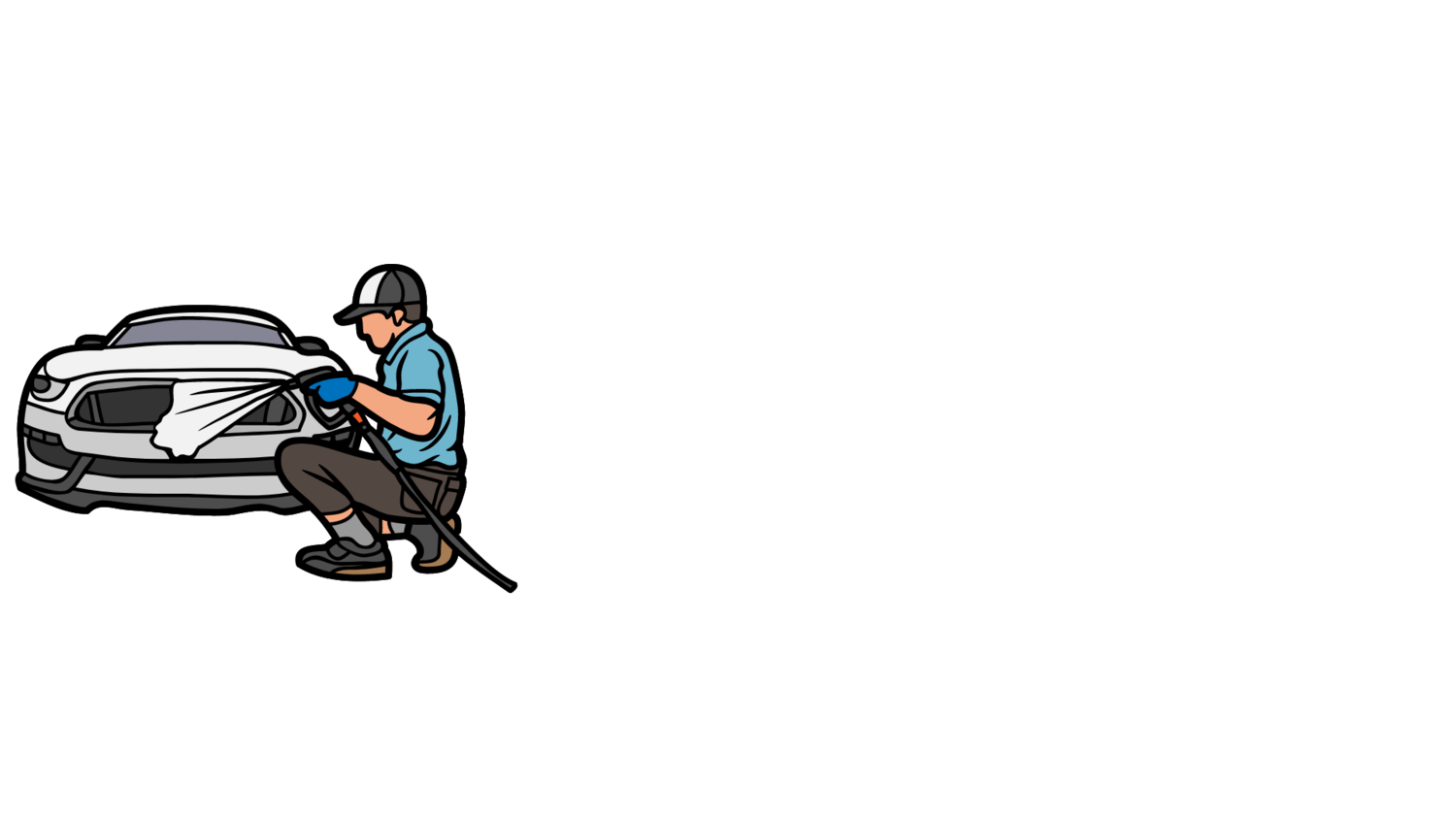Overview
Water spots are one of the most common and irritating paint defects that car owners face. Water spots can also be damaging to the paint both physically and cosmetically. Water spots are caused when water dries on your car’s paint and minerals in the water are left behind creating water spots. The fact remains, that water spots are damaging to your car’s finish and you need to remove them if you wish to keep your car in the best condition. As a professional car detailer, I have learned and experimented with a few different ways to remove water spots.
What are water spots?
Water spots are mineral deposits left behind from unfiltered water. Tap water, well water, and rainwater all contain varying levels of minerals. Hard water is water that contains a lot of minerals and soft water contains less. How hard or soft your water is depends on your geographical location.
Types of water spots
Type one is just a regular water spot that is the result of letting water dry on the paint that leaves behind a mineral deposit. Over time, these can turn into type two and three water spots, so it is important to try and catch water spots as soon as possible.
Type two water spots are more difficult to remove and are made up of many different types of contaminates like dust from construction sites, emissions from industrial processes, and particles from air pollution. Also, acid rain can cause water spots. Acid rain is rainwater that is more acidic than regular water and it is most common in cities and industrial areas. When your car is rained on, all of the contaminates in acid rain can be left behind on the paint causing water spots. If not quickly removed, these water spots can turn into type three.
Type three water spots are called etchings. Etchings are typical when the previous types of water spots have not been removed and the contaminants are left to eat away at the paint. Etching requires the use of an abrasive to remove, such as a one-step or two-step paint correction.
Method 1:
Wash your car with a low pH cleaner such as a degreaser, APC, or Vinegar. Hard water typically has a high pH so counteracting that with a low pH cleaner will help remove them. To learn how to wash your car like a pro check out our guide to washing your vehicle. A low pH cleaner will remove any waxes or sealants, so after detailing your car you need to re-apply any coatings.
Method 2:
Claying your paint will remove most embedded contaminants like mineral deposits, tar, tree sap, iron, and other contaminants. However, claying the paint may not remove water spots that have been etched into the paint or have been on your paint for an extended period of time.
Wash your car as normal, but before drying use a clay bar and clay lubricant to remove contaminants. Check out this guide to claying your paint.
Method 3:
Water spot removal products can be a quick and easy way to remove water spots. You can find these products at local auto stores or online. Below is one of the said products. To use this just follow the manufacturer's instructions.
Meguiar's A3714 Compound Water Spot Remover - 16 oz.
Method 4:
Polishing your paint is the most effective method to remove water spots. This will remove all water spots and etchings as well as removing light scratches from your car's paint. Unfortunately, this is also the most advanced method and if not executed properly it may do more harm than good. I recommend that you hire a professional to do this for you. But if you're a DIY type of person, here is a guide to polishing your paint.
How to prevent water spots
Instead of removing water spots, just focus on preventing them. Once your paint is contaminant free, regularly apply protection on your car in the form of a wax or sealant. To be on the safe side, never allow water to dry on your car's paint and use a mineral filter when washing your car.
Armed with this knowledge, you will easily be able to fight tough water spots on your car's paint. Best of luck with your future detailing endeavors.
If you have any more questions feel free to reach out to us and ask.




